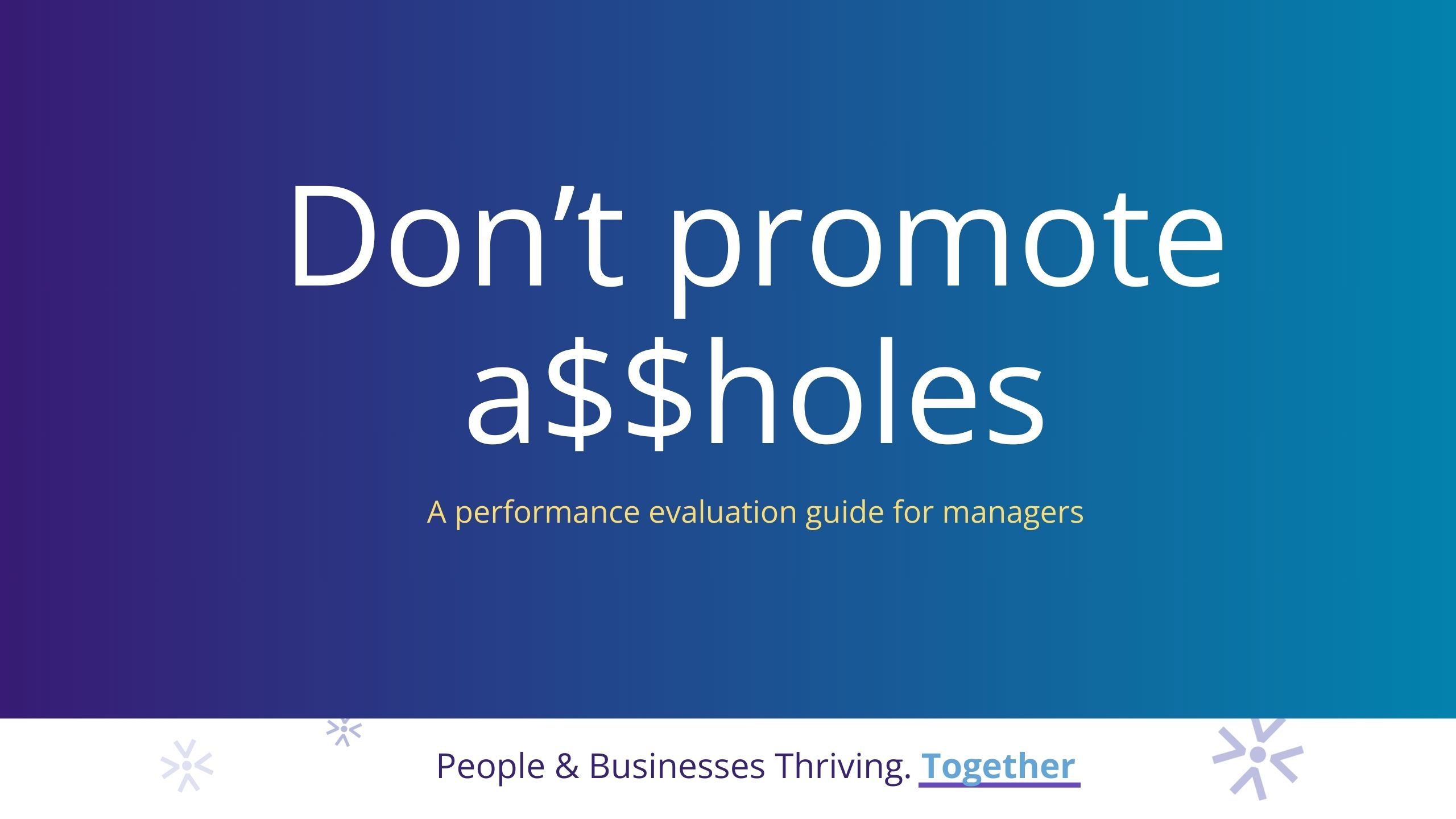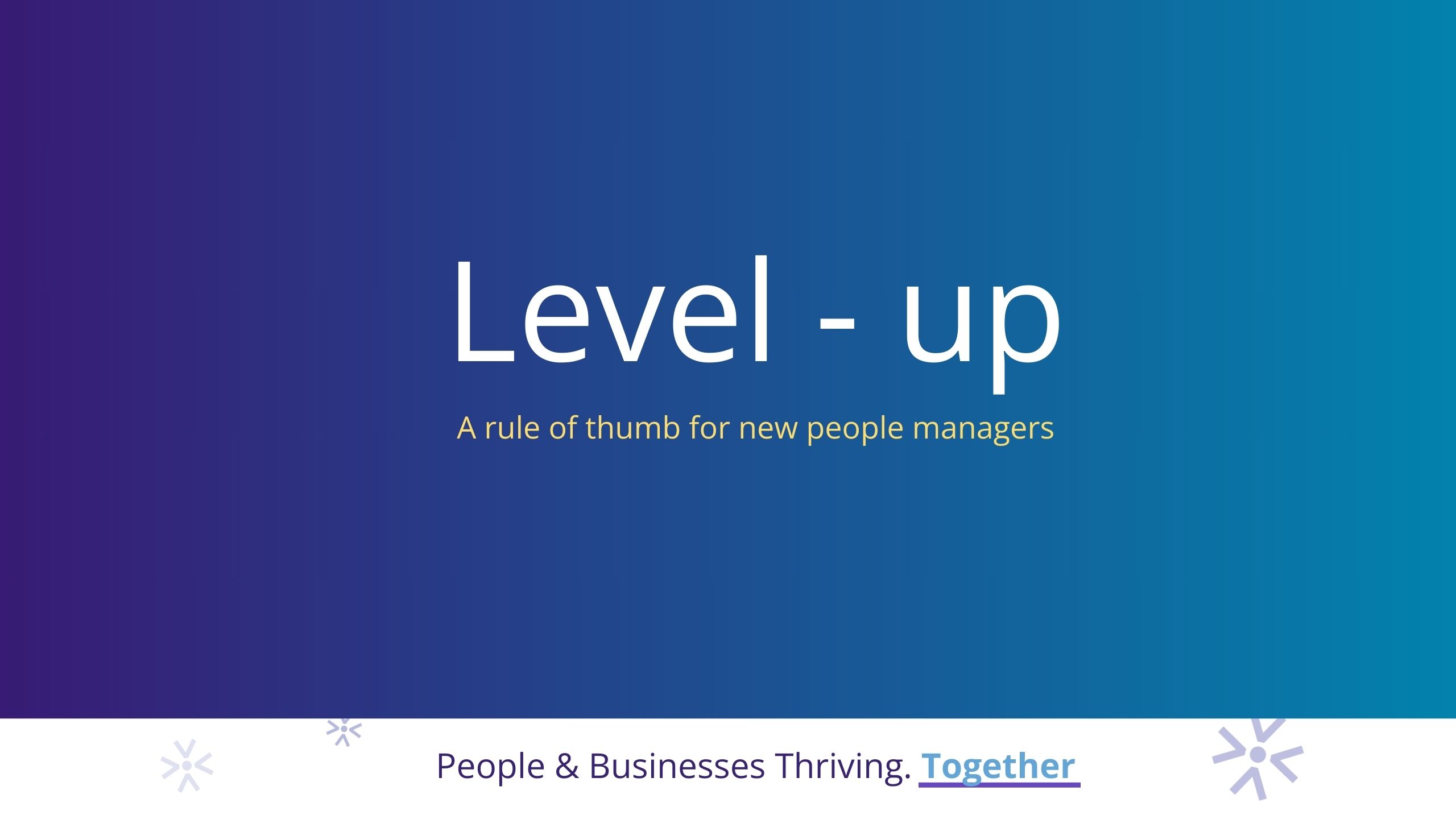Identify issues and evaluate performance

Mirka Mitse
Performance evaluation is one of the most important processes a people manager can develop to ensure the success of their team. Generally, performance should be appraised using both technical and behavioural criteria. No team can be either productive or efficient if it’s disrupted by behaviours that are not accepted within the company.
If you have never done this before and don’t know where to start, no worries.
Just read on.
- Set clear performance targets and discuss acceptable behaviours during interview and onboarding
Establish clear and measurable performance expectations for each team member. Inform them of the criteria their performance will be evaluated against.
- Monitor Key Performance Indicators (KPIs) and/or OKRs (Objectives & Key Results)
Regularly track and analyse efficiency, quality, customer satisfaction, sales targets, project deadlines, progress towards targets; anything that is important to you.
- Conduct weekly one-to-one meetings with your team members
Ask about the highlights of their week. Hear about their achievements and understand any challenges they have faced (act on these). Ask how they are feeling and how you can help and support them.
- Build trust and encourage open communication
Foster an environment of open communication. Listen to and address team members’ feedback promptly and prove you’ve got their backs. They need to feel safe in order to communicate their ideas, needs and concerns.
- Observe Behaviour and Output
Look for signs of decreased motivation: e.g. missed deadlines, quality issues, decline in collaboration ability, coming in late and/or leaving early, working from home more, etc.
- Seek feedback from other managers
Make your goal clear to them, by saying “I would like to know if you have any insights into X team member’s work that will help me provide better feedback to them, so that I can support them with their performance and their development goals”. Only speak to people who can provide useful information and avoid having casual conversations with your work mates about your team members’ performance. That could result in gossiping.
- Conduct performance assessments
Research if different self-assessment, 360 feedback or peer evaluation methods can help your understanding of each of your team members’ strengths and areas for improvement.
- Address complaints or concerns about performance and behaviour
Actively address issues raised by team members or others regarding performance within the team. Investigate the matter objectively before you include it in your performance conversation.
*Finally, remember that the main thing that prevents you from conducting helpful and productive performance conversations with your team members is your bias. Before you start the evaluation process, get rid of any personal feelings and remember to avoid criticising team members’ actions based on your personal beliefs.*
**Double finally, do not promote purely based on performance. Evaluate behaviours and establish their important significance by not promoting a$$holes.**



